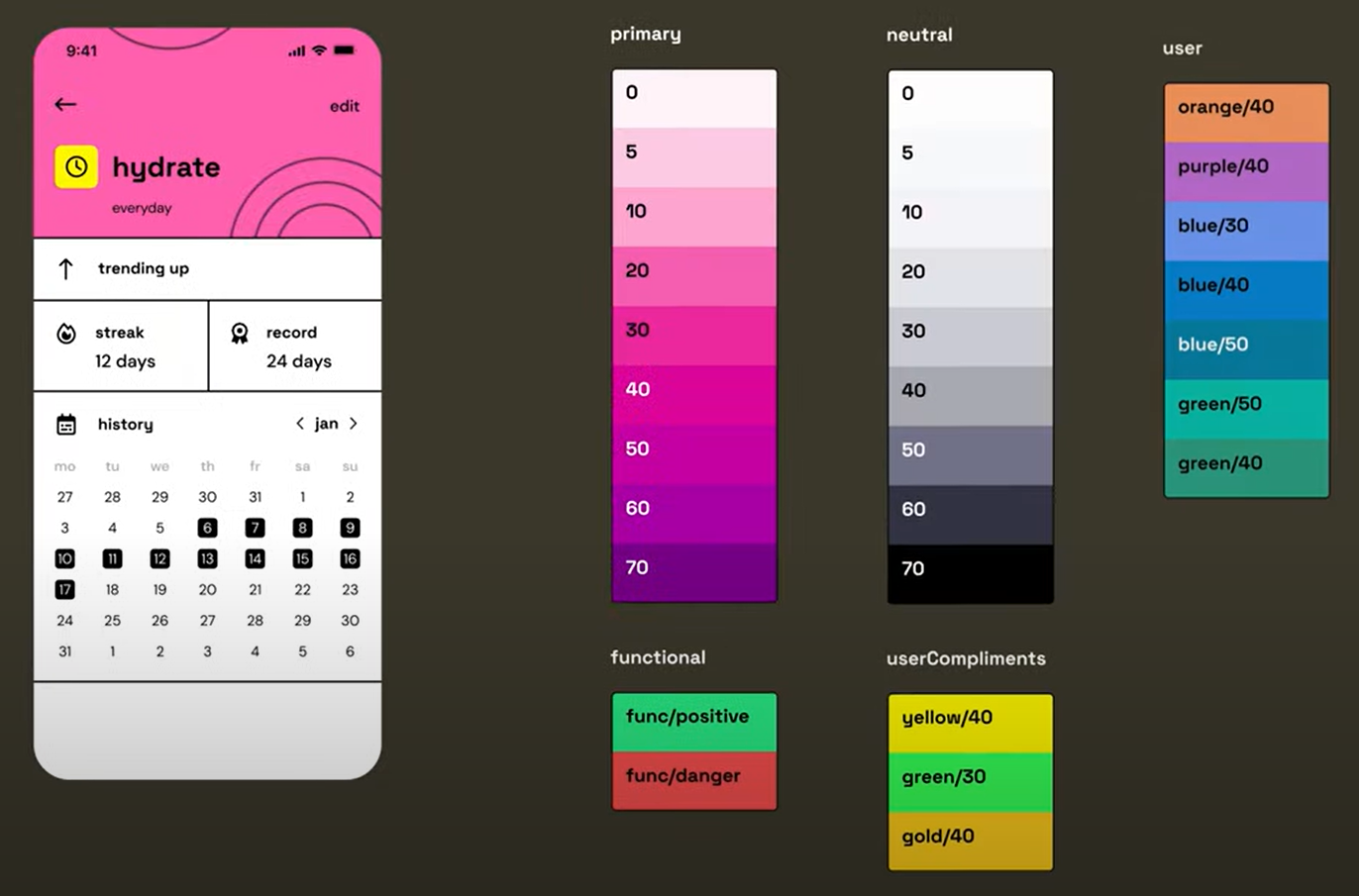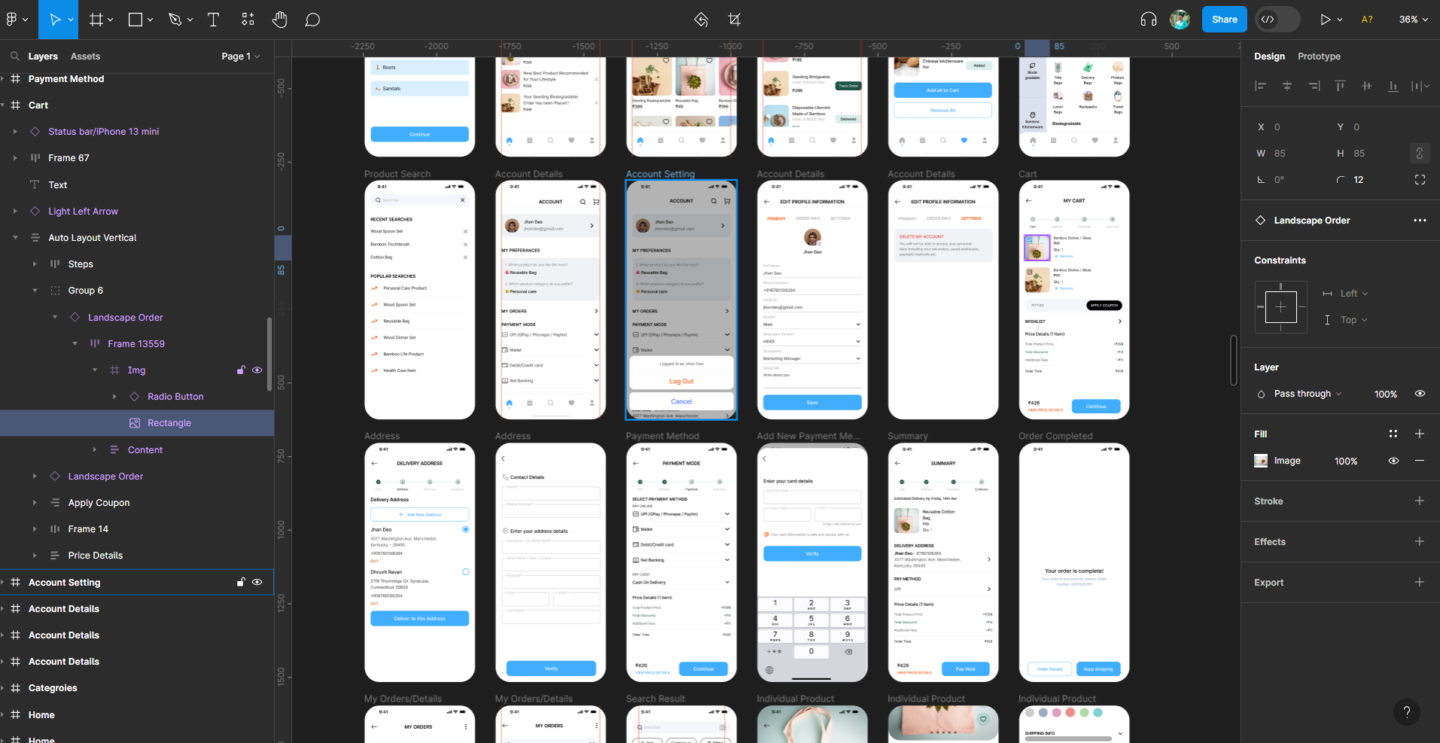
Unlocking Your Design Potential: Exploring Figma Careers
I. Introduction Briefly introduce the topic of Figma careers and the importance of unlocking

Briefly introduce the topic of Figma careers and the importance of unlocking your design potential.
Explain how Figma, as a popular design tool, offers various career opportunities in the design industry.

Provide a brief overview of Figma as a design tool, highlighting its features and benefits.
Discuss why Figma has gained popularity among designers and design teams.
Third. Figma career path exploration
Discuss the various career paths available within the Figma ecosystem, such as:
UI/UX Design: Explore the role of Figma in User Interface (UI) and User Experience (UX) design careers.
Product Design: Discuss how Figma is used in product design and its impact on career prospects.
Design Systems: Explain the importance of design systems and how Figma can be leveraged to design and maintain them.
Collaboration and Prototyping: Highlight how Figma facilitates collaboration and prototyping, and how this relates to career opportunities.

Provide guidance on acquiring the skills needed for Figma-related careers, including:
Learning the Basics: Discuss the resources, tutorials, and courses available to help beginners get started with Figma.
Practical Exercises: Recommend ways to get practical experience with Figma, such as personal projects or joining design communities.
Continuous Learning: Emphasize the importance of staying updated with Figma’s features and industry trends.
Explain the importance of building a strong Figma portfolio to showcase your skills and attract potential employers or clients.
Provide tips for building an impressive portfolio, including selecting relevant projects, organizing your work, and highlighting your design process.

Provide insight into finding Figma-related job opportunities, such as:
Online Job Platforms: Discuss popular job platforms or websites where job postings related to Figma can be found.
Networking: Share tips on networking within the design community and attend design events to discover job opportunities.
Freelancing and Remote Work: Highlight the potential for freelancing or remote work in Figma-related roles.

Advise on continued development in Figma careers, including:
Professional Development: Discuss the importance of staying updated with design trends, attending workshops, or earning advanced certifications.
Networking and Mentorship: Encourage building relationships within the design industry and receiving guidance from experienced professionals.
Personal Branding: Discuss the importance of building a personal brand through blogging, speaking engagements, or contributions to design communities.
Recap the key points discussed in the blog post.
Encourage readers to adopt Figma as a tool to unleash their design potential and build a rewarding career in the design industry.
Remember, when following this outline, be sure to elaborate on each section, provide examples, and share valuable insights and resources to engage your readers and provide them with actionable information. Free ebook

I. Introduction Briefly introduce the topic of Figma careers and the importance of unlocking